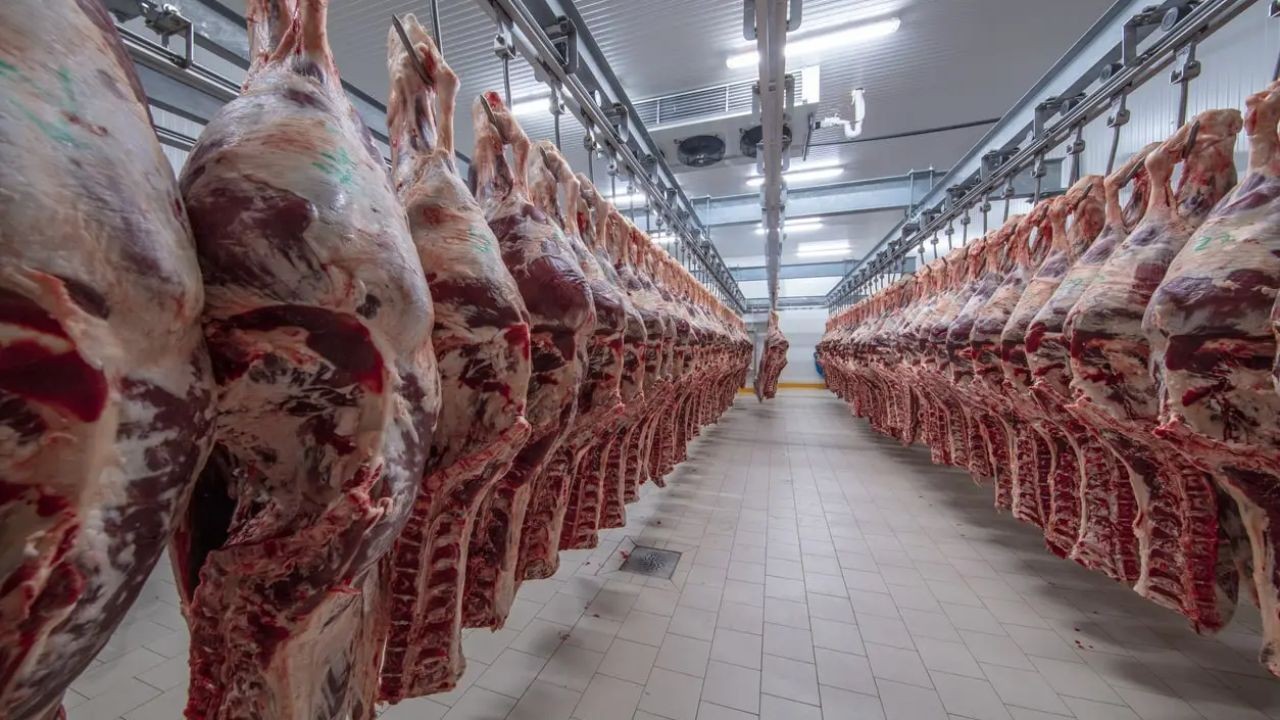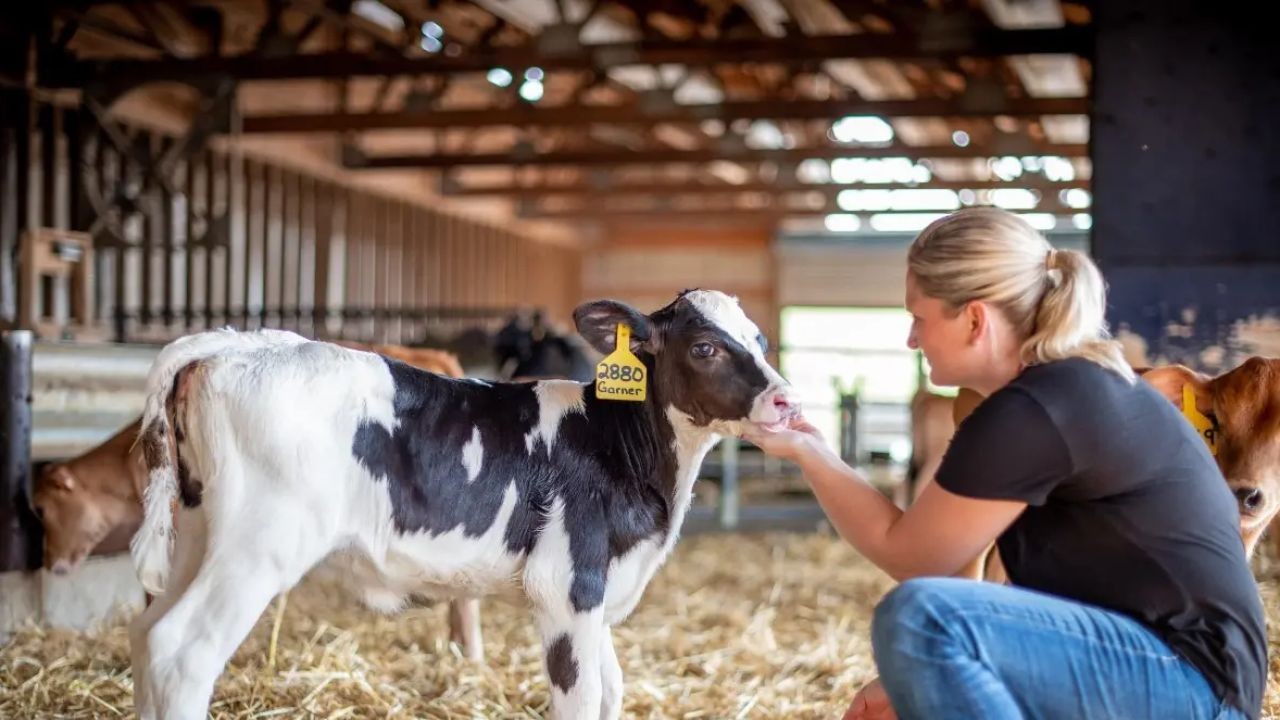Introduction
Imagine a future where New Zealand’s rolling pastures, known for producing some of the world’s finest meats, are instead bustling with fields of legumes and grains. The shift towards plant-based diets is no longer a distant possibility; it’s a present reality with profound implications for New Zealand’s meat industry. As global demand for plant-based products surges, the resilience and adaptability of New Zealand’s meat sector are being put to the test. What does this mean for the country's economy and its iconic agricultural landscape?
According to the Ministry of Business, Innovation and Employment (MBIE), the plant-based food market in New Zealand is expected to grow by 10% annually over the next five years. This trend, driven by health-conscious consumers and sustainability advocates, presents both a challenge and an opportunity for New Zealand’s traditional meat producers. As the world increasingly turns to plant-based alternatives, can New Zealand’s meat industry evolve, or will it be left behind?
As an innovation consultant, understanding these dynamics is crucial. Let’s delve into the current landscape, explore expert insights, and uncover strategic pathways for the future of New Zealand’s meat industry.
Understanding the Shift: Why Plant-Based Diets are Gaining Ground
The Rise of Plant-Based Diets: A Global and Local Phenomenon
Globally, the plant-based food industry is experiencing unprecedented growth. According to a report by Bloomberg Intelligence, the market is projected to reach $162 billion by 2030. This shift is largely driven by consumer awareness about health, environmental sustainability, and animal welfare. In New Zealand, this trend is mirrored by a growing number of consumers seeking plant-based options. Data from Stats NZ reveals that 30% of Kiwis have reduced their meat consumption in the past two years, citing health and environmental concerns as primary motivators.
Industry Insight: The Dual Challenge
New Zealand’s meat industry is at a crossroads. On one hand, it faces the challenge of declining domestic meat consumption; on the other, it must capitalize on the growing global demand for sustainable food products. The country’s reputation for clean and green meat production is a significant asset, but sustainability and innovation must be at the forefront of its strategy to remain competitive.
Pros and Cons of Embracing Plant-Based Alternatives
Pros:
- Market Expansion: Entering the plant-based market opens up new revenue streams and caters to a growing consumer base.
- Environmental Benefits: Reducing reliance on livestock farming can significantly lower greenhouse gas emissions.
- Health Trends: Aligns with global health trends towards reducing red meat consumption.
Cons:
- Economic Disruption: Transitioning to plant-based production can disrupt existing supply chains and require significant investment.
- Cultural Impact: The meat industry is deeply rooted in New Zealand’s culture and heritage, making change a sensitive issue.
- Market Competition: The rise of international plant-based brands increases competition for domestic producers.
Case Study: Fonterra’s Strategic Pivot
Problem: Fonterra, New Zealand's dairy giant, faced declining milk consumption and increased competition from plant-based alternatives. The company needed to diversify its product offerings to maintain profitability and sustainability.
Action: Fonterra invested in research and development to create a range of plant-based dairy alternatives. They partnered with global food technology companies to leverage cutting-edge innovations and ensure product quality.
Result: Within two years, Fonterra’s plant-based product line contributed to a 15% increase in overall sales. Their entry into the plant-based market allowed them to tap into new consumer segments and bolster their sustainability credentials.
Takeaway: Fonterra’s case illustrates the potential benefits of strategic diversification. New Zealand’s meat industry can learn from this by investing in plant-based product lines to complement traditional offerings, thereby securing a foothold in both markets.
Myths and Misconceptions: Debunking Common Beliefs
- Myth: Plant-based diets are just a passing trend. Reality: According to a 2023 study by the University of Auckland, 60% of consumers who tried plant-based diets continue to incorporate them into their long-term eating habits.
- Myth: New Zealand’s meat industry cannot compete with plant-based alternatives. Reality: Innovative approaches, such as regenerative agriculture and carbon-neutral farming practices, are enabling Kiwi meat producers to maintain a competitive edge.
- Myth: Plant-based products are less nutritious than meat. Reality: Advances in food technology have led to plant-based products that offer comparable nutritional profiles to their meat counterparts, as highlighted in a report by the NZ Food Innovation Network.
Future Trends and Predictions
The future of New Zealand’s meat industry lies in its ability to integrate plant-based innovations seamlessly. By 2030, it’s predicted that up to 25% of New Zealand’s agricultural exports will consist of plant-based products, according to a report by the Reserve Bank of New Zealand. This shift could redefine the country’s agricultural landscape, creating new opportunities for farmers and entrepreneurs alike.
Moreover, the adoption of technology in food production, such as lab-grown meats and precision fermentation, is set to revolutionize the industry. These technologies offer sustainable and scalable solutions that could complement existing meat production, ensuring that New Zealand remains at the forefront of the global food industry.
Conclusion
As New Zealand navigates the transition towards a more plant-based future, the meat industry faces both challenges and opportunities. By embracing innovation and leveraging the country’s strengths in sustainable agriculture, the industry can thrive in a rapidly changing market. For innovation consultants, the task is clear: support businesses in adapting to new consumer demands, invest in research and development, and champion sustainable practices.
What’s your perspective on the future of New Zealand’s meat industry? Share your insights and join the conversation below!
People Also Ask
- How does the shift to plant-based diets impact New Zealand’s economy? The shift encourages diversification in agriculture, creating new revenue streams and reducing environmental impact, which can enhance New Zealand's economic resilience.
- What are the biggest misconceptions about plant-based diets? A common myth is that plant-based diets lack nutritional value. However, research shows they can be nutritionally complete and offer health benefits.
- What are the best strategies for New Zealand’s meat industry to adapt? Diversifying product lines to include plant-based options and investing in sustainable farming practices are key strategies for future success.
- What upcoming changes could affect New Zealand’s meat industry? By 2026, increased global demand for sustainable food products could shift industry dynamics, necessitating innovation and adaptation.
- Who benefits the most from the rise of plant-based diets? Consumers seeking health-conscious options, environmental advocates, and businesses investing in sustainable agriculture all stand to benefit.
Related Search Queries
- New Zealand plant-based market trends
- Impact of plant-based diets on the meat industry
- Sustainable agriculture in New Zealand
- New Zealand meat industry challenges
- Future of food production in New Zealand































